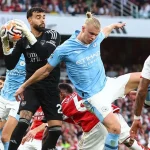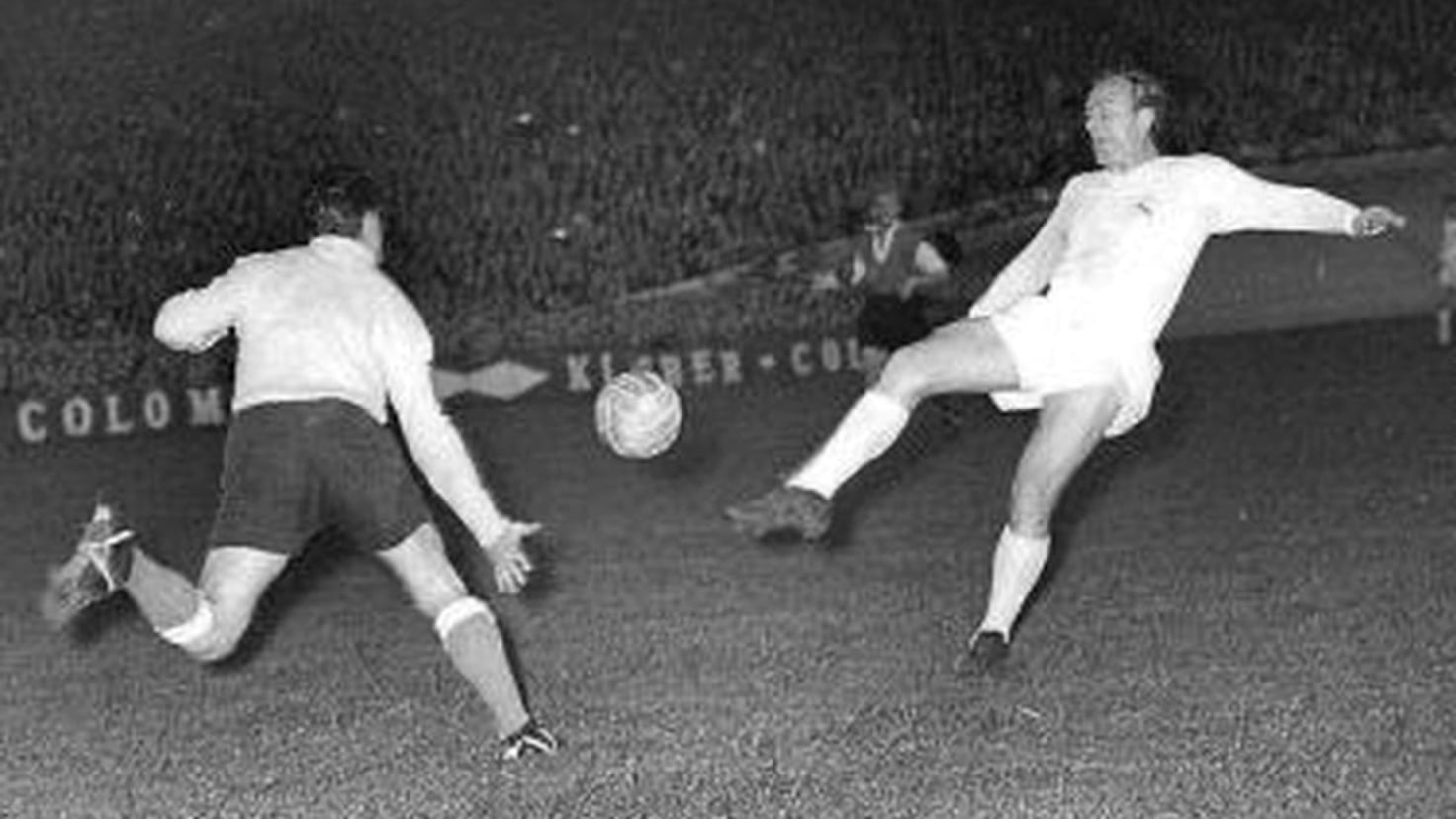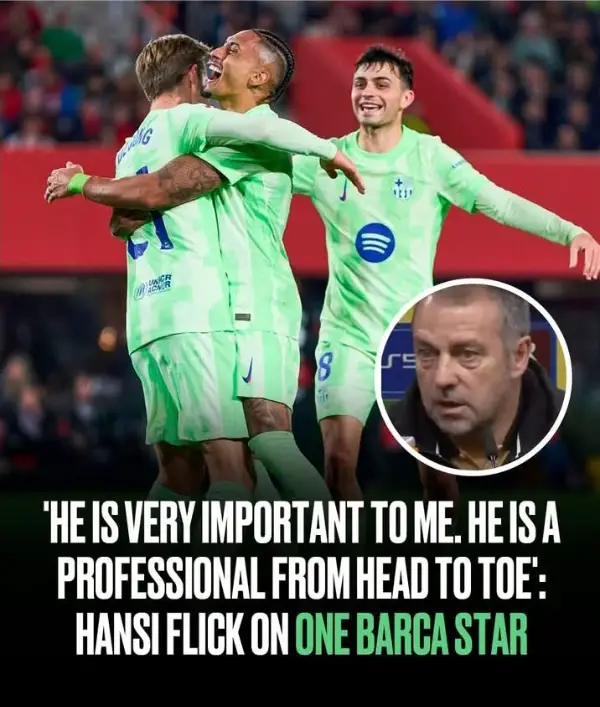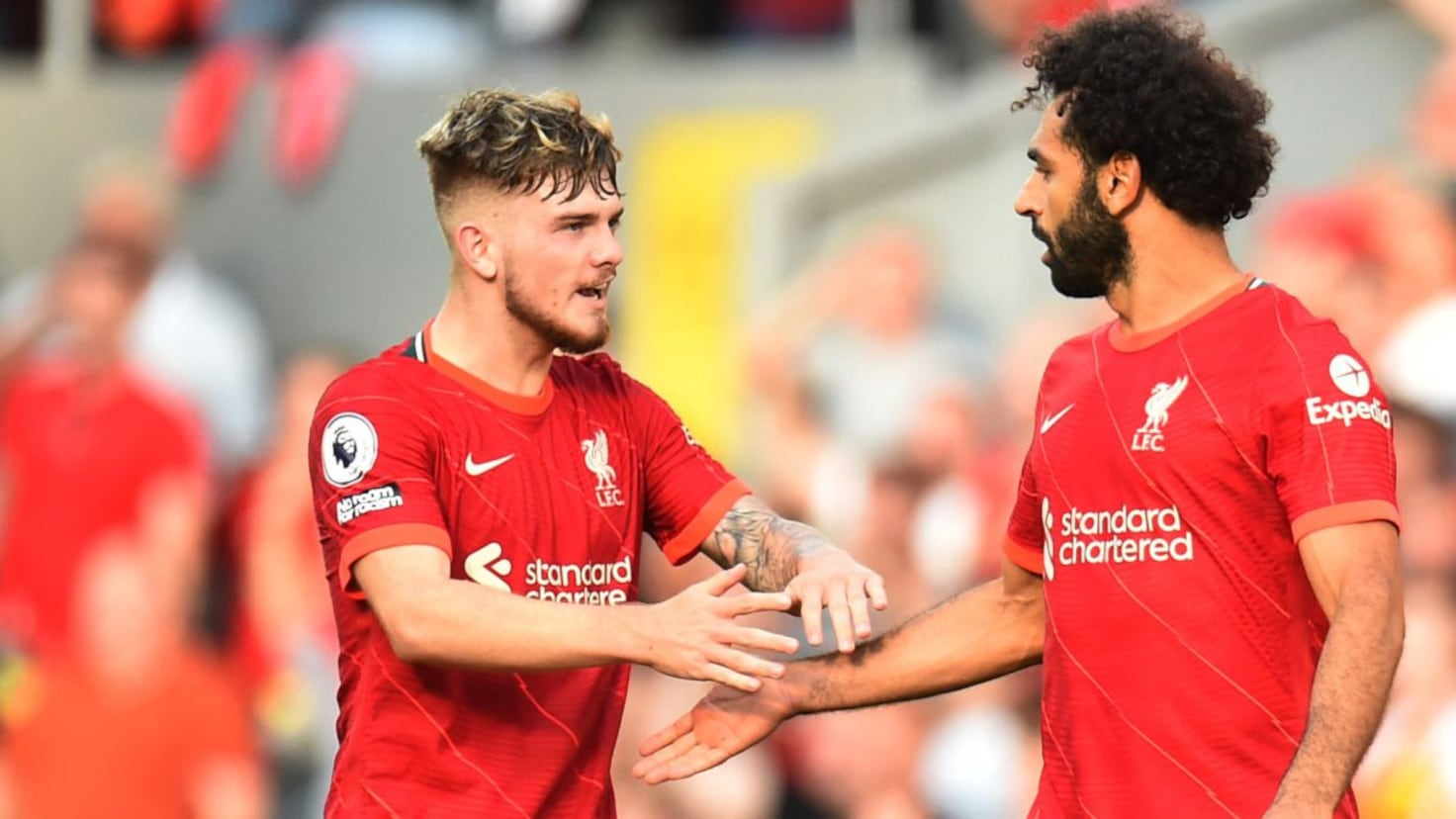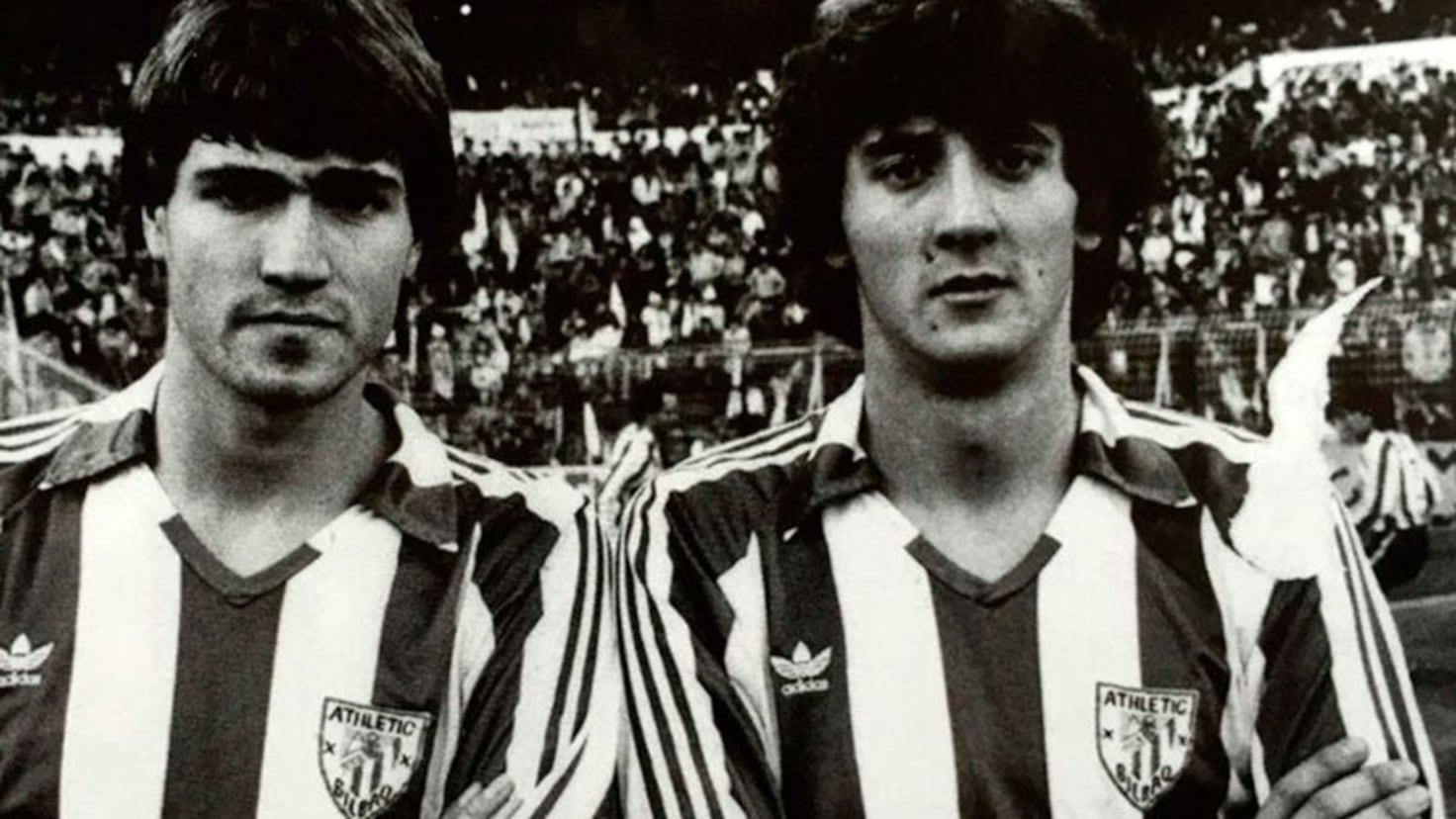The Latin Cup was played by the League champions of Spain, France, Italy and Portugal, in a fast format and rotating between the countries. In 1955, the sixth edition, Real Madrid attended for the first time. It was held in Paris and would be the club’s international debut.
The semifinal was played with Os Belenenses, where a formidable Mozambican scorer, Matateu, Eusebio’s precursor, stood out. Madrid arrived the day before, except for Di Stefano, who arrived three days before… by car! The matter deserves an explanation. When he signed for Madrid, he wanted to buy a car and asked Bernabأ©u for help (there were waiting lists), but he told him that humble people went to football and they shouldn’t see him with a car. When he was two years old, his parents came to visit him. Di Stأ©fano then tried to rent a car to show them Spain, but Bernabأ©u, grateful for the two leagues already won and for the advice to sign Rial, told him that he had earned the right to have a car and even told him helped buy two: a FIAT 600 (SEAT didn’t exist yet) to get around the city with discretion and a Mercedes for road trips. So, since he was afraid of the plane, he went by car to Paris. There they trained the previous two days with great press coverage. L’أ‰quipe already classified him as the best player in the world.
Those same days, FIFA, of which UEFA was still a recently created department, decided to absorb the European Cup project created by L’quipe, with Bernabأ©u among the pioneers. FIFA replaced the Organizing Committee, of which he was vice president, and this bothered him so much that he did not go to Paris for the Latin Cup.
On June 22, Madrid and Os Belenenses opened the tournament at the Parque de los Prأncipes. People were eager to see Di Stأ©fano and Matateu, but the one who dazzled was Gento, who was like Di Stأ©fano in his second season and exploded in this one thanks to his understanding with Rial. It was a very tough match (the Portuguese were known for being fierce champions in those years of the Latin Cup) and Madrid won 2-0, goals from Zأ،rraga and Pأ©rez-Payأ،. The next day, Milan faced each other, a constellation of stars in which Liedholm and Schiaffino stood out, and the Stade de Reims, where Kopa shone. A few months before he had left the Bernabeu on his shoulders, after a 1-2 win over Spain; The Spanish press nicknamed him The Napoleon of Football. Against Milan they played a great match, resolved 3-2 in favor of Stade de Reims after two overtimes.
On Sunday the 26th there is no room for a pin in the Parque de los Prأncipes. The day before Milan beat Os Belenenses well and now Stade de Reims is a favorite not only because of its home status, but also because of the brilliance of its attacking game known as Le Tourbillon. Their forwards exchanged positions with devilish speed, creating a whirlwind around the wise play of Kopa, dribbler and distributor. Madrid inspired respect, Di Stأ©fano and Gento fear, but the attacking football of the Stade de Reims was ecstatic. It arrived, yes, with a double extension and one less day of rest, something that the coach, Batteux, claimed to have corrected with a curious plan: sleeping only five hours the first night and taking a nap on the first day, 10 hours of sleep the second night, more nap, and normality (eight hours of night and rest after lunch) on the day of the game, which was nocturnal
Madrid had started that season with an unexpected and highly talked about defeat at the Bernabeu against Valencia, which neutralized Di Stأ©fano with exaggeratedly sticky marking by Mangriأ±أ،n. Madrid took note, and Zأ،rraga made a Mangriأ±أ،n-style marking (a common expression in the Madrid press the following day) on Kopa. Once this was cancelled, the French attack did not exist. Madrid took the lead early with a goal from Rial, taking advantage of the fact that centre-back Jonquet was following Di Stأ©fano when he fell behind. Rial itself would score 2-0, played by Di Stأ©fano. Madrid dominated the match from end to end, as Zأ،rraga subdued Kopa. He deployed combinations of great speed and made the Corsican goalkeeper Paul Sinibaldi (whose brother Pierre, a forward, would years later be a successful coach in Las Palmas) the hero of the match.
Madrid lifted the cup to general recognition. That night he was invested in the Princes’ Park as the greatest of Europe. He would make it rarer a year later by winning, on the same stage and against the same rival, the final of the first European Cup.
And Di Stأ©fano, baptized by L’أ‰quipe as L’Omnipresent, got into his brand new car and went to Nice to start his vacation.

